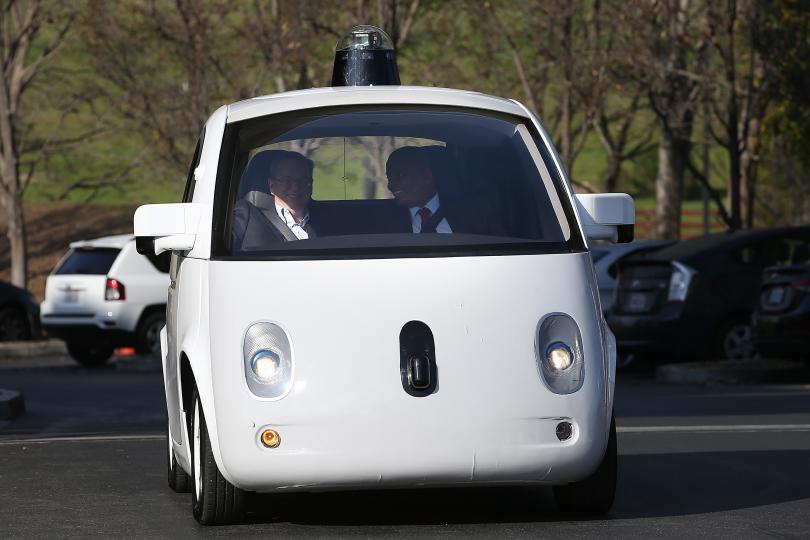-
Tips for becoming a good boxer - November 6, 2020
-
7 expert tips for making your hens night a memorable one - November 6, 2020
-
5 reasons to host your Christmas party on a cruise boat - November 6, 2020
-
What to do when you’re charged with a crime - November 6, 2020
-
Should you get one or multiple dogs? Here’s all you need to know - November 3, 2020
-
A Guide: How to Build Your Very Own Magic Mirror - February 14, 2019
-
Our Top Inspirational Baseball Stars - November 24, 2018
-
Five Tech Tools That Will Help You Turn Your Blog into a Business - November 24, 2018
-
How to Indulge on Vacation without Expanding Your Waist - November 9, 2018
-
5 Strategies for Businesses to Appeal to Today’s Increasingly Mobile-Crazed Customers - November 9, 2018
Google is not happy about the new driverless auto rules in California
The California Department of Motor Vehicles’ proposal will make it mandatory for all driverless cars to have a steering wheel, pedals and a human driver with an “autonomous vehicle operator certificate” to take control of any unexpected scenario.
Advertisement
Specifically, the restrictions proposed by California regulators would make it mandatory for all self-driving cars to have a steering wheel and pedals, as well as a licensed driver behind the wheel.
Manufacturers will also receive approval for a three-year deployment permit that will require them to regularly report on the performance, safety, and usage of the vehicles.
Wednesday’s announcement comes among a host of other safety regulations put down for these cars, including regular reports back to the DMV, and data testing and privacy norms.
Those restrictions could steer manufacturers elsewhere to develop the technology.
What’s more, companies like Google would not be able to sell their driverless vehicles to the public; rather, consumers would only be able to lease vehicles from the company.
The proposed rules hold motorists responsible for obeying traffic laws, regardless of whether they are controlling a car’s movements.
The newest rules would effectively block the commercial deployment of “driverless” cars, which could function as robotic taxis that pick up passengers and drop them off at the destination of their choosing.
Google still has yet to comment on the story, but a spokesman told Quartz earlier this year that the self-driving vehicle project would be a “good candidate” to be spun into its own company under Alphabet. “As we have greater assurances that vehicles can do more in a safe manner, this is probably a process that’s going to be changing over the next few years”.
The biggest challenge Google faces involves the lack of a driver behind the wheel and those who regulate travel not trusting software to get from point A to point B safely every time. States including Texas, Nevada and MI have courted testing on their roads but not weighed in on consumer use of the cars in detail as California did Wednesday. It just came to attention that the tech giant’s long running, self-driving auto project will be having its own company under the search engine’s parent company, Alphabet.
Public hearings are set to take place over the next two months to discuss the proposals, and the DMV says it expects final regulations to go into effect later in 2016.
The Golden State has the most robust regulation of autonomous vehicle development in the country.
Advertisement
Key aspects of the draft regulations include manufacturer certification and third-party testing. Would these consumers be forced to give up their cars? These are slated to kick off on January 28 in Northern California and February 2 in Southern California.





























